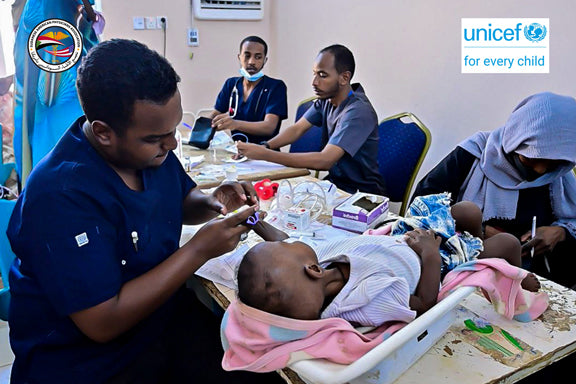Bilal ibn Rabah, the Ethiopian whose voice echoed the call to prayer, stands as a towering figure in Islamic history. His life, marked by profound faith and unwavering loyalty, transcends the boundaries of time, offering a powerful message of equality and devotion. Born into slavery in Mecca, likely around 580 CE, Bilal's origins were humble, yet his spirit was destined for greatness. His mother, Hamamah, was believed to be from Abyssinia (modern-day Ethiopia), and it was from her that Bilal inherited his dark complexion, a feature that, in the pre-Islamic Arabian society, placed him at the lowest rung of the social ladder.
Bilal's life took a dramatic turn with the advent of Islam. The message of one God, preached by the Prophet Muhammad, resonated deeply with him. He embraced Islam secretly, a dangerous act in a society dominated by the polytheistic Quraysh tribe. When his conversion became known to his master, Umayyah ibn Khalaf, Bilal faced relentless persecution. Umayyah subjected him to brutal torture, dragging him through the scorching desert sands and placing heavy stones on his chest, all in an attempt to force him to renounce his newfound faith. Yet, under this unbearable duress, Bilal's unwavering response, "Ahad, Ahad" (One, One), echoed his steadfast belief in the oneness of God. This simple yet profound declaration became a symbol of his unwavering faith and resilience.
The news of Bilal's suffering reached Abu Bakr, a close companion and one of the earliest followers of the Prophet Muhammad. Moved by Bilal's unwavering devotion, Abu Bakr purchased his freedom, liberating him from the chains of slavery. From that moment on, Bilal became a devoted companion of the Prophet, dedicating his life to serving the nascent Muslim community.
Bilal's most significant contribution to Islam was his appointment as the first mu'adhdhin. The Prophet Muhammad recognized the beauty and strength of Bilal's voice and entrusted him with the responsibility of calling believers to prayer. This appointment was a revolutionary act, a powerful demonstration of the Islamic principle of equality. In a society deeply divided by social status and race, the Prophet chose a former slave, an Ethiopian, to perform one of the most sacred duties in Islam. Bilal's melodious call, rising above the rooftops of Medina, became a symbol of unity and a reminder that true nobility lies in piety and devotion, not in lineage or skin color.
Bilal's role as the mu'adhdhin was not merely a mechanical act; it was an expression of his deep connection with God. His voice, filled with sincerity and devotion, moved the hearts of believers and served as a constant reminder of their spiritual obligations. He remained the mu'adhdhin throughout the Prophet's life, and even after the Prophet's passing, his voice continued to resonate, though with a profound sadness at the loss of his beloved leader.
After the Prophet's death, Bilal, overcome with grief, found it difficult to continue calling the adhan. He eventually sought permission from Caliph Abu Bakr to leave Medina and participate in the jihad (struggle) for the spread of Islam. He spent his later years in Syria, continuing to serve the Muslim community. There are various accounts of his death, but it is generally believed that he passed away in Damascus around 640 CE.
Bilal ibn Rabah's legacy extends far beyond his role as the first mu'adhdhin. He stands as a powerful symbol of the Islamic rejection of racism and the importance of inner faith. His story serves as a timeless reminder that true greatness lies in character, devotion, and unwavering belief in God. His life is an inspiration to Muslims and people of all faiths, a testament to the transformative power of faith and the enduring message of equality.






